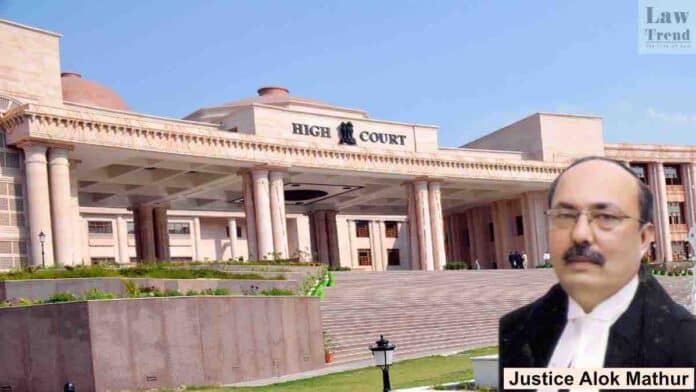In a significant ruling, the Allahabad High Court has clarified that appeals should be dismissed for want of prosecution if the appellant or their lawyer is absent, rather than being decided on merits. This decision was delivered by Justice Alok Mathur in the case of M/S Rajdhani Arms Corporation, Lucknow vs. Commissioner Of Commercial Tax
To Read More Please Subscribe to VIP Membership for Unlimited Access to All the Articles, Download Available Copies of Judgments/Order, Acess to Central/State Bare Acts, Advertisement Free Content, Access to More than 4000 Legal Drafts( Readymade Editable Formats of Suits, Petitions, Writs, Legal Notices, Divorce Petitions, 138 Notices, Bail Applications etc.) in Hindi and English.




